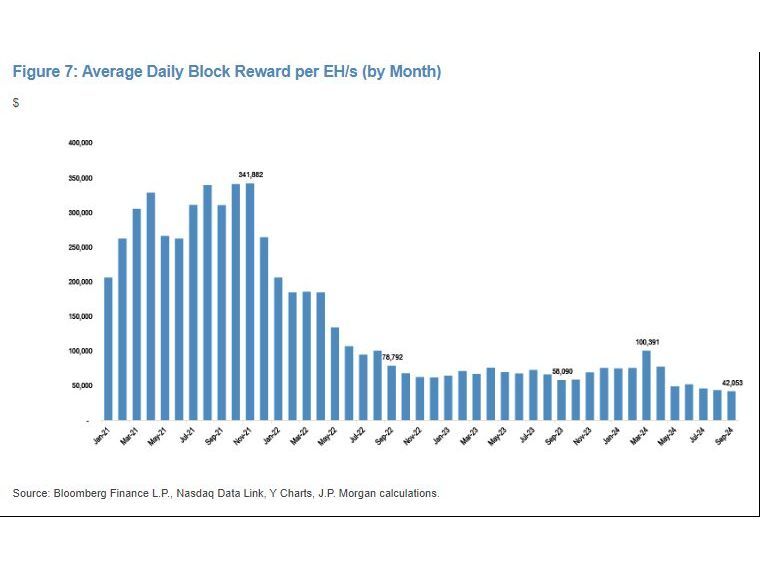In a significant development for the world of cryptocurrency, the Financial Accounting Standards Board (FASB) has introduced a groundbreaking rule change set to take effect in December 2024.
This rule change will enable companies that hold cryptocurrencies, such as Bitcoin, to report their paper gains on their balance sheets, a monumental departure from the previous practice of only reporting losses.
This change is expected to have far-reaching implications for the corporate adoption of cryptocurrencies in the United States.
FASB rules boost corporate Bitcoin adoption
The FASB’s new rules come as a boon to companies like MicroStrategy and Tesla, both of which had to report impairment on their cryptocurrency holdings under the old regulations.
According to Cory Klippsten, the CEO of Bitcoin-only exchange Swan Bitcoin, this rule change allows Bitcoin-holding companies to more accurately represent the true value of their Bitcoin investments.
Notably, this adjustment is not exclusive to Bitcoin-focused companies, as it has the potential to encourage broader corporate adoption of cryptocurrencies.
Marking a paradigm shift in crypto accounting
Under the previous framework, companies could only account for impairment when the value of their cryptocurrency holdings decreased on their books. Any increase in value while the assets were held was not recognized until the assets were sold.
However, the new FASB rules revolutionize this approach by permitting companies to record gains on their crypto assets. This change allows companies to consider Bitcoin as a strategic financial asset and report on its value gains and losses, which could become a catalyst for increased adoption.
Markus Thielen, research head at Matrixport and author of “Crypto Titans,” believes that this rule change underscores the growing corporate demand for incorporating cryptocurrencies into their accounting practices.
He asserts that digital assets are increasingly becoming a crucial component of financial statements. As a result, companies can now approach the valuation of their cryptocurrency holdings with greater confidence, marking a significant milestone in the integration of digital assets into the financial landscape.
Eliminating impairment loss concerns
One of the key advantages of the FASB’s rule change is the elimination of concerns related to impairment losses, which had previously created unfavorable optics for crypto-holding companies.
Berenberg Capital’s senior equity research analyst, Mark Palmer, highlighted this aspect in a note following the approval of the new rules. He stated that crypto-holding companies can now eliminate the negative perception associated with impairment losses, which had been a hindrance under the previous regulatory framework.
Positive reactions from industry experts
The crypto community has welcomed the FASB’s rule change with enthusiasm. David Marcus, co-creator of Facebook’s Diem stablecoin project, emphasized the significance of these rules, stating that they remove a significant obstacle for corporations looking to include Bitcoin on their balance sheets.
Marcus’s statement underscores the broader implications of this rule change, as it is poised to facilitate a wave of corporate interest in Bitcoin and other cryptocurrencies.





